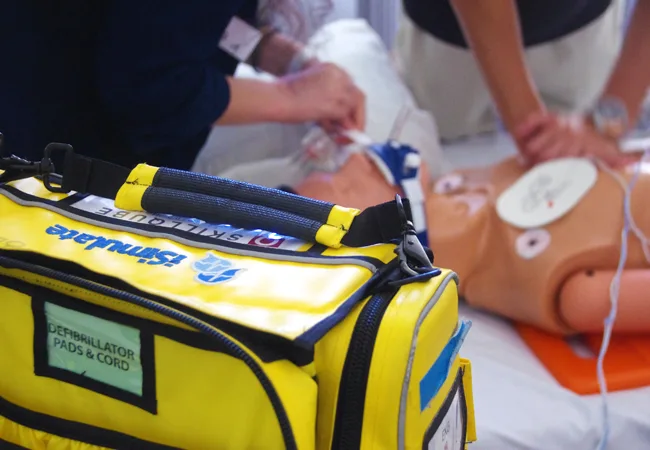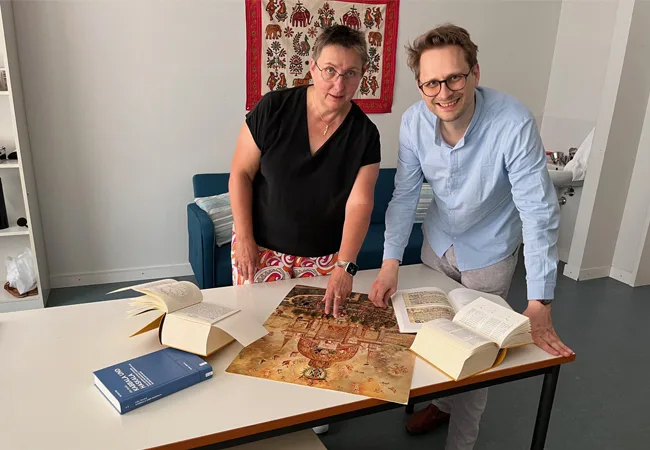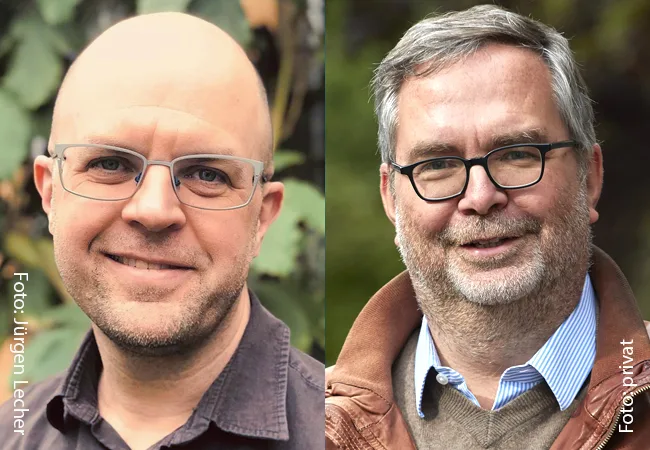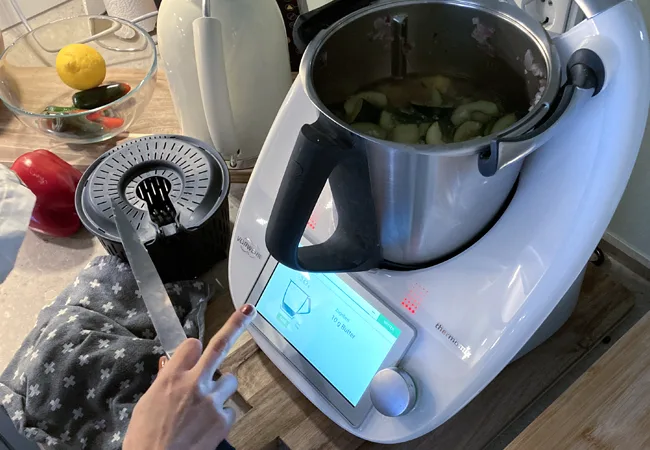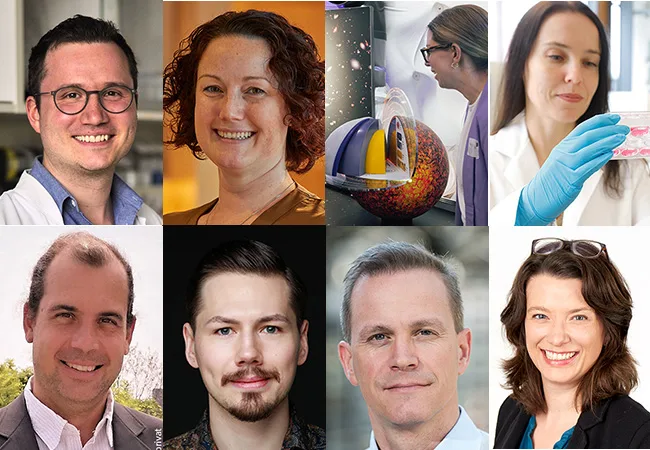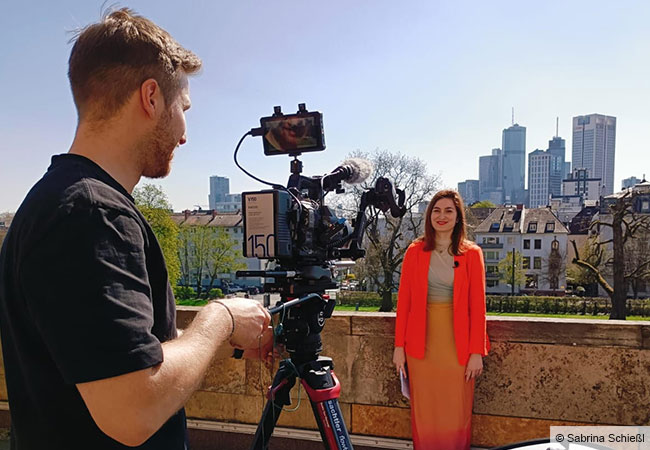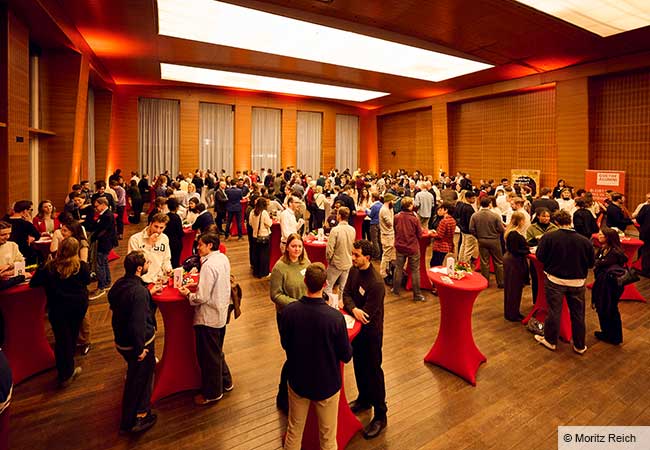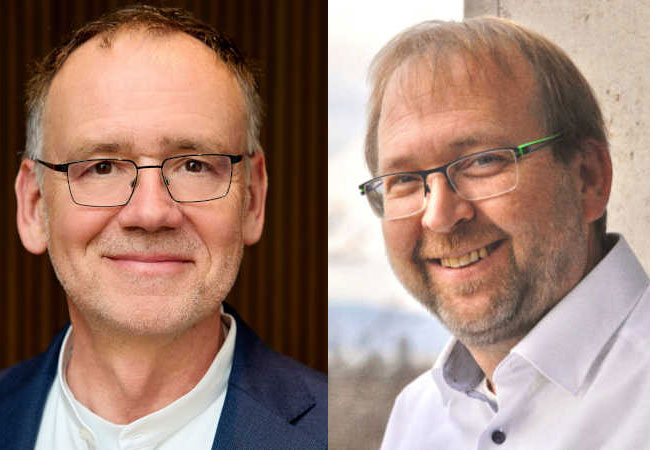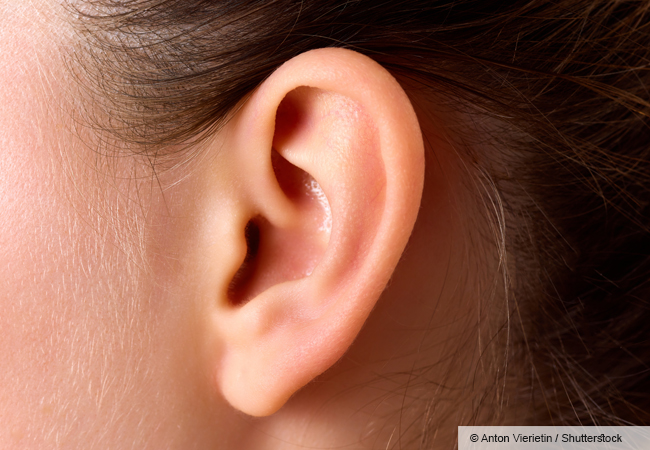The Frankfurt Institute for Advanced Studies (FIAS) hosted Ukrainian researchers after the attack on their country last year. How are they doing now?
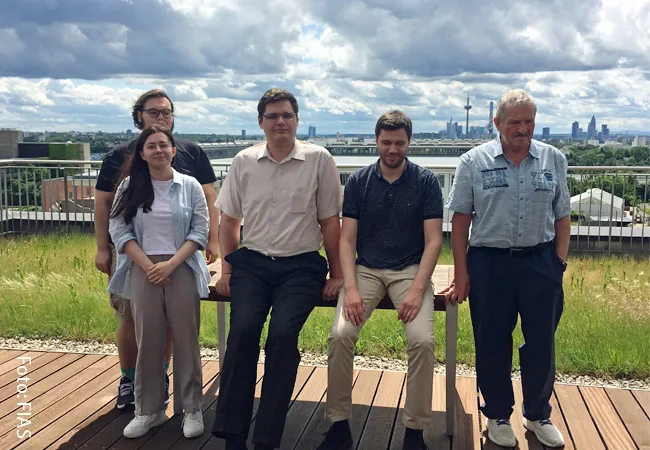
Physicist Dr. Roman Poberezhnyuk praises “the tremendous working environment” at FIAS, where he spent several months before the war as a visiting scientist. Using his contacts to fellow academics in Frankfurt, he immediately found help and a roof over his head. Poberezhnyuk has been collaborating for many years with researchers in the FIAS group led by Professor Horst Stöcker. Together, they are endeavoring to understand the thermodynamic properties of dense elementary matter. Finding an apartment was rather difficult, he says, and getting his residence permit took quite a while. Apart from that, Poberezhnyuk and his girlfriend, who also lives here, are content. He has published four articles during his stay in Frankfurt and is working on two more. From next year, he wants to continue his career in the US, where a colleague offered him a job as a postdoctoral researcher at his institute. Whether or not he will return to Ukraine depends on what research opportunities exist after the war. Prior to Russia’s attack, funding had seen such a positive development that researchers had been able to live off their work. No one can say how things will look in the future, says Poberezhnyuk.
His colleagues Oleksandr Stashko and Oleh Savchuk have already moved on and – following their stint at FIAS – are now doctoral researchers in the US. They were “very grateful for the prompt all-round support during their research stay” in Frankfurt.
Professor Mark Gorenstein, on the other hand, went back to Kyiv in April. He is chief scientific researcher at the Bogolyubov Institute for Theoretical Physics at the National Academy of Sciences of Ukraine and had fled to Germany the year before together with his family when the bombing started. “We still have difficulty sleeping, there are air raids every night,” says Gorenstein, describing the oppressive atmosphere in Kyiv. Fortunately, not much has been destroyed – thanks to the Ukrainian air defense. Why did he go back nevertheless? “The support I received from FIAS and the Alexander von Humboldt Foundation, for which I am very grateful, ended. I could have stayed in Germany as a refugee, but I wanted to continue my work in Kyiv.” A step he has not regretted, he says. The institute in Kyiv is functioning and the scientists are able to work on site, even if most seminars are held online. Gorenstein received the Humboldt Research Award in 2001 for his work on phase transitions and their signatures in cooperation with FIAS and the GSI Helmholtzzentrum für Schwerionenforschung in Darmstadt. In 2022, he was awarded a fellowship by the Alexander von Humboldt Foundation and was living in Frankfurt with his wife, daughter and granddaughter. Gorenstein can only praise the fruitful collaboration with his FIAS colleagues and the help and support of everyone working there. “I published seven papers during my stay in Frankfurt.”
Professor Dmytro Anchyshkin, on the other hand, Gorenstein’s colleague from the Bogolyubov Institute, has decided to stay in Germany for now. After four months as a visiting professor at FIAS, he and his wife took advantage of government support to continue working at FIAS. He thought for quite some time about returning to Kyiv to work with a group of young researchers. But when he and his wife visited Ukraine around Christmas, they were horrified: “Because of the bombing, there was no electricity, internet, heating or water for hours on end.” They went back to Kyiv at the end of August nevertheless. Anchyshkin is very grateful for the warm hospitality and support he received from the administrative staff and his fellow researchers at FIAS, prime among them Horst Stöcker.
Zhanna Khuranova completed her Master’s degree in physics in 2020. She had already intended to apply for a post as a doctoral researcher in Germany, and, due to the war, this plan took concrete form. Oleh Savchuk put her in touch with FIAS, which is how she got to know Dr. Benjamin Dönigus, a senior lecturer there, last August. Since the beginning of the year, she has been working on her doctoral degree on the prediction and measurement of hadrons, tiny particles, at Goethe University Frankfurt’s Faculty of Physics, with Dönigus as her supervisor. “I’m so glad that Horst Stöcker from FIAS was willing to support me, and I’m very happy with my current research topic, my supervisor and the help from the German government,” says Khuranova. She doubts she will ever return to Ukraine: “My family lives in the US.” And as a scientist, she naturally finds the prospect of a stay at CERN in Geneva very tempting.
Maria Khelashvili had just begun her doctoral degree on ultralight dark matter at the Bogolyubov Institute. She was very pleased to be able to continue her research at FIAS on a temporary basis, thanks to a scholarship from the Polytechnic Foundation. She is now pursuing her work on ultralight and axion-like candidates for dark matter as a visiting fellow at Princeton University in the US. “All this would have been impossible without the initial and very prompt support from FIAS,” she says, keen to highlight how grateful she is.
Danylo Batulin completed his doctoral degree at FIAS a few weeks ago. He had already moved to Germany from occupied Luhansk back in 2016. Batulin says some of his friends and members of his family have been wounded or killed since the invasion; his family’s property has been destroyed. At first, he found the normality of everyday life in Germany difficult – especially the festivals, music and parties. “Supporting voluntary projects in Ukraine from here has helped me deal with that.” He is full of praise for the administrative staff at FIAS: “It was amazing how quickly and efficiently they reacted to the invasion. The huge Ukrainian flag they hissed as a symbol of their solidarity was really moving.” He is also very admiring of his doctoral supervisor, Professor Jochen Triesch, and has published two papers in Triesch’s group.
“Wherever it can, FIAS will continue to support scientists who are at risk in their home countries and unable to continue their research there,” says FIAS Scientific Director Eckhard Elsen. Cooperation with sponsors such as the Alexander von Humboldt Foundation, the Polytechnic Foundation and the German Research Foundation makes it possible, he says, to give researchers from all over the world a safe haven – at least temporarily. However, giving them a rewarding working environment at home in the long term and supporting this through collaboration remains the prime objective. One possibility FIAS is considering in this context is transnational and interdisciplinary conferences.
Anja Störiko


